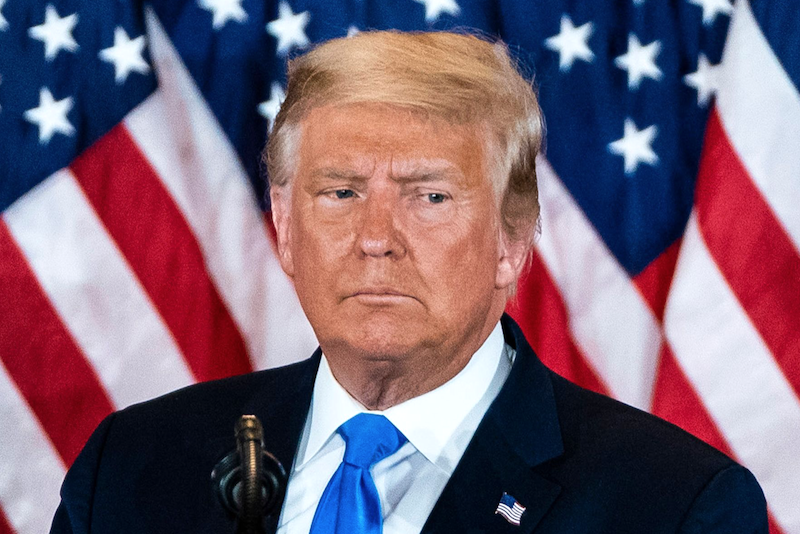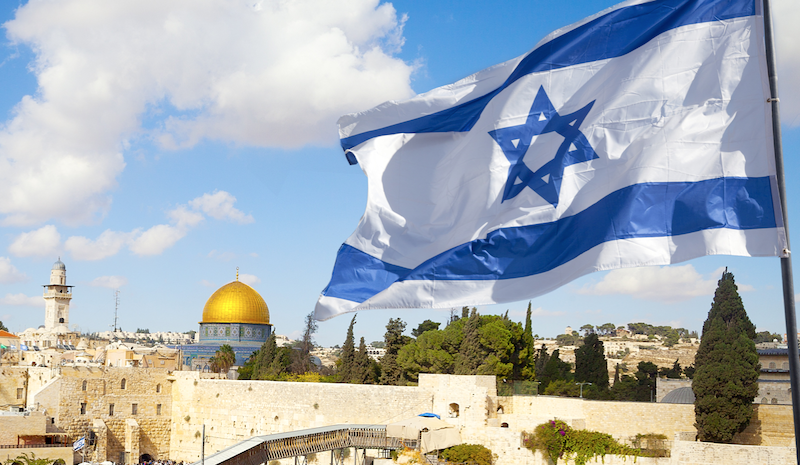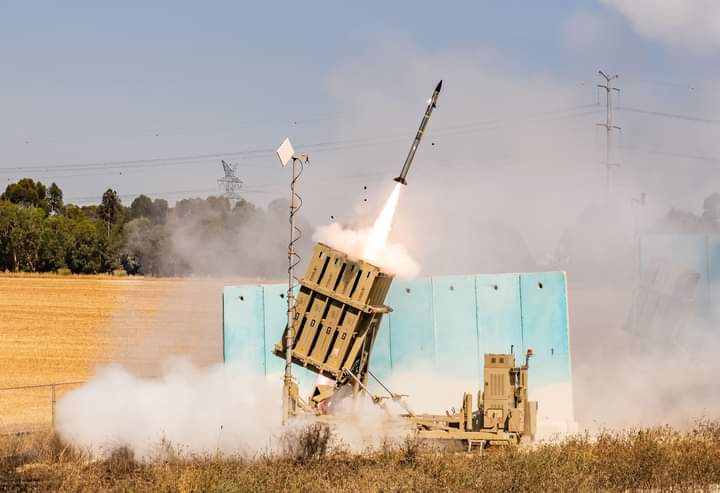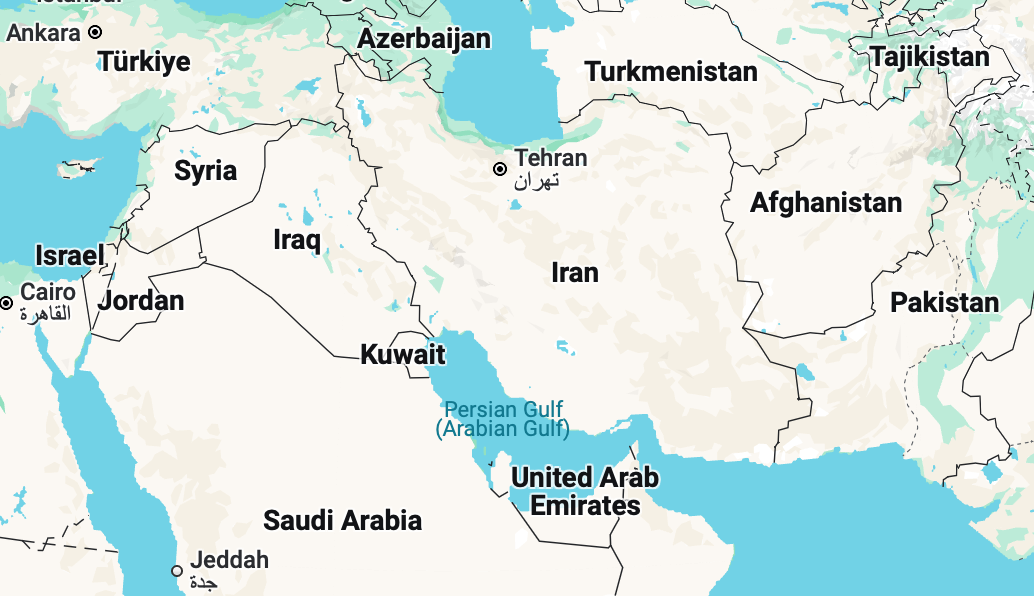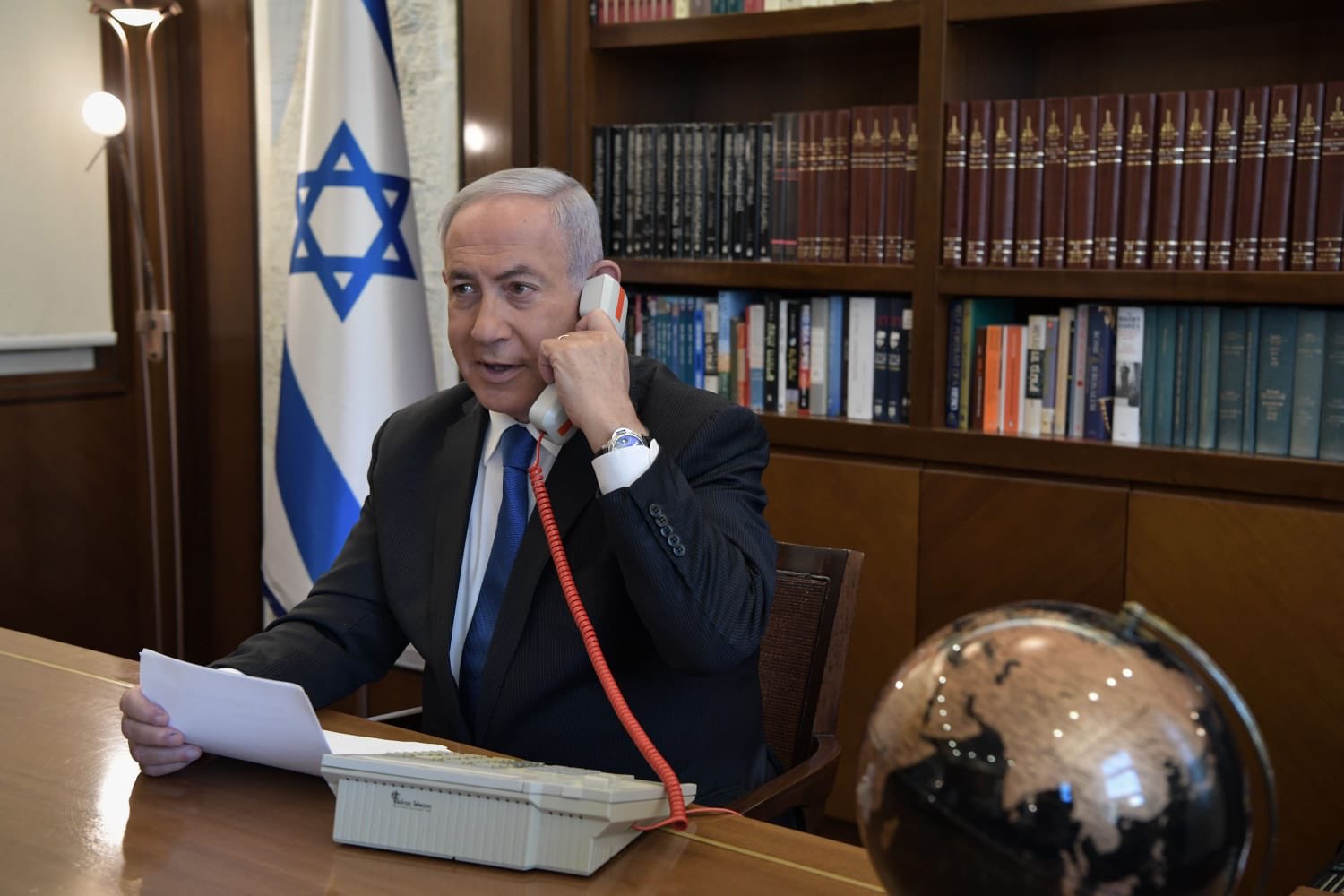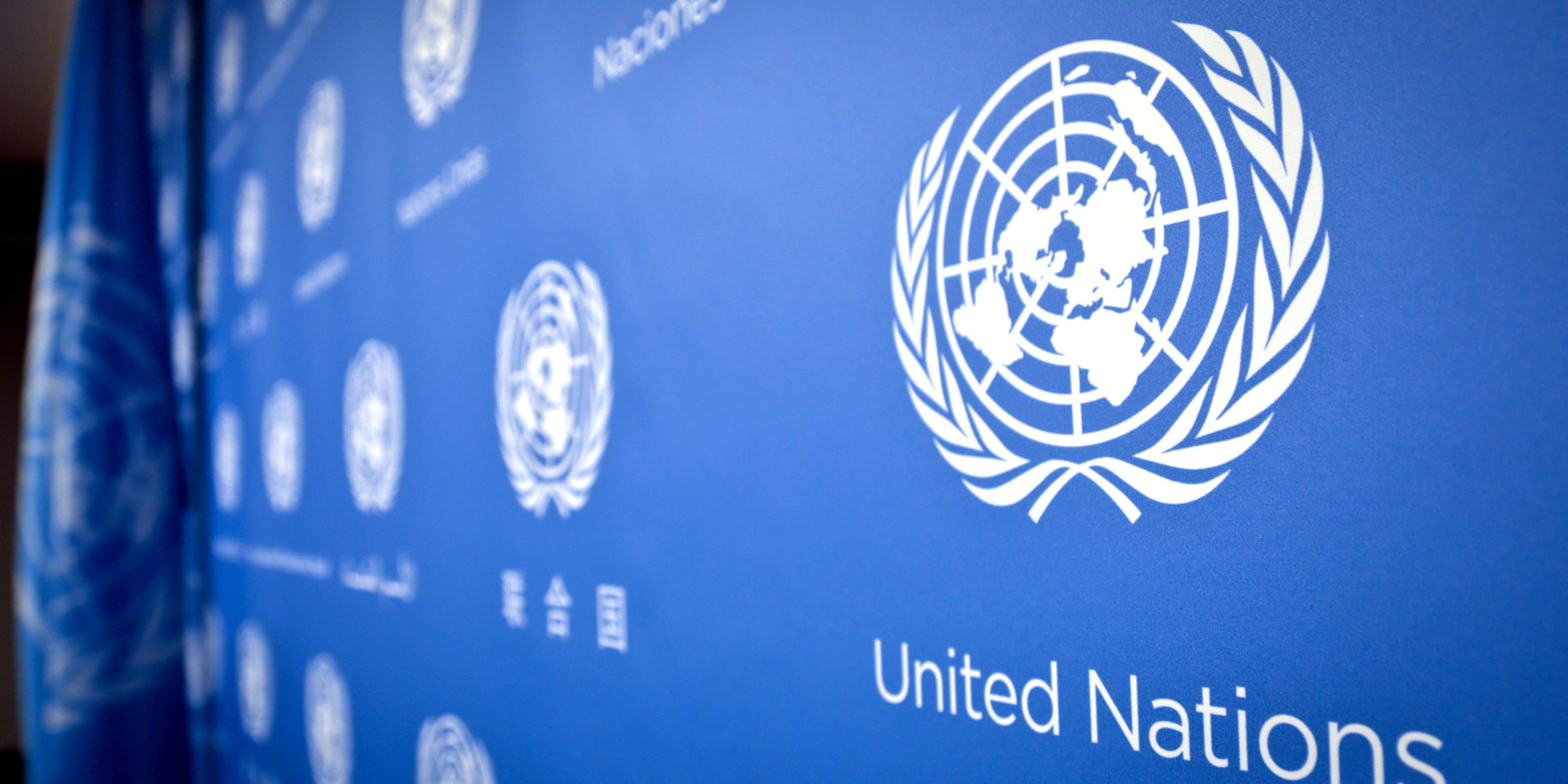By Steve Egbo
At long last, Israel has taken the much awaited step to confront the Iranian threat. Like the legendary sword of damocles, this threat have dangled over the fragile neck of the Jewish state for the past twenty years or more. In its nearly 80 years of existence, Israel have endured much hostility and friendlessness from its neighbors. But while most countries of the Middle East have taken several steps back in their aggressive posture towards Israel, Iran has remained implacable and unyielding in its belligerence.
In the previous wars and military activities against Israel, Egypt, Syria, Iraq, Lebanon, Jordan, and Saudi Arabia have been on the forefront. But after the Yom Kippur War of 1973, a lot changed. The Arab world began to see the prospects for accommodation and rapproachment. Egypt was the first to make peace with Israel (The Camp David Accord, 1978).
This was followed by Jordan, UAE, Bahrain, Sudan and Morocco. Saudi Arabia, a major player in the Middle East, was on the verge of normalizing relations with Israel when the gory events of October 7 swept down and threw a heavy spanner in the works. By many indications, Iran was virtually the only sovereign country implacably opposed to the existence of Israel in the Middle East.
In 2005, Mahmoud Ahmedinejad, president of Iran, stated that “the regime occupying Jerusalem must be erased from the pages of time”. The statement, which needed no interpretation, was a clear definitive call for the destruction of the state of Israel. And despite the global outrage which the chilling statement attracted, Iran continued, over the last twenty years, to fine-tune its determination to attain the capacity for nuclear weapons. And successive regimes in Teheran have considered the nuclear objective a matter of national urgency.
Israel’s biggest ally, the United States, working hand in hand with its allies in the West, have tried various measures to persuade Iran to give up it’s nuclear programs. These measures include a wide range of economic, diplomatic and military sanctions against Iran. But Iran on it’s part insists that it’s nuclear program is purely for peaceful purposes and not intended as weapons of war against anyone or any country.
Israel also never let up its opposition to the idea of a nuclear Iran. Successive Israeli governments have carried out pre-emptive measures against Iran’s nuclear program. These include direct attacks on nuclear facilities, targeted assassinations of Iranian scientists and academics involved in the project, as well as numerous clandestine destabilization activities.
Through the instruments of the United Nations and other global channels and outlets, Israel has continued to prick the conscience of the world on the dangers it faced should Iran be allowed to attain a nuclear status. But Iran remained undeterred in rhetorics and bombasts. Iran also makes good it’s belligerence by the creation of hostile entities across the region which remained constant security thorns in the Israeli flesh. From Hezbollah in Lebanon to Houthis in Yemen, from Hamas in Gaza to the Islamic Jihad, etc, Iran continued to provide arms, funds and various categories of enablement required to heighten Israel’s security dilemma.
Under president Bush, Israel came within a hair’s breath of striking Iran’s nuclear resources. However Washington was able to succeed in restraining Israel at the last minute. Prime Minister, Benjamin Netanyahu, who was at the helm during the period, reluctantly gave in to the pressure but continued to argue, in every forum and every opportunity, that Israel believes only military action would deter Iran.
In retrospect, Iran’s nuclear program started in 1957 with the signing of a “Civil Nuclear Cooperation” agreement with the US. Under the Shah, The Teheran Nuclear Research Center was built in 1967. This was further expanded in the 1970s with a design to generate 23,000 megawatts of electricity from nuclear power.
All these changed after the Iranian Revolution (1979), which was followed almost immediately by the Iran-Iraq War. At the end of the war and with America now an enemy, (The Great Satan), according to the leader of the revolution, Ayatollah Khomeni, Iran seemed to have lost interest in the nuclear program. Soon after, Iran began to pursue the program secretly and for purposes long departed from the original intent. And with the utterances coming out from Teheran, Israel and the US felt that the best option was to stop Iran from acquiring nuclear capabilities. And this could be done peacefully or violently.
The negotiations between Iran and the P5+1 (US, UK, France, China, Russia and Germany), known as JCPOA, Joint Comprehensive Plan of Action) reached a deal under president Obama. The agreement was to limit the uranium enrichment, reduce its stockpile and allow international inspection by the IAEA. In return, Iran will be allowed relief from economic sanctions and offered other integrative measures into the global system. This arrangement remained effective until 2018 when president Trump (in his first term) withdrew from the JCPOA deal.
In response, Iran began to exceed its nuclear limits while the US worked towards greater sanctions. Iran also embarked on the creation and arming of aggressive hostile elements against Israel across the region. These proxies were seen as Iran’s buffer against the inevitable showdown with Israel which was considered just a matter of time. These blood thirsty allies of Iran include Hezbollah, a Shia militia group based in Lebanon; Hamas, a Sunni islamist group operating in the Gaza Strip, with a vowed commitment to the destruction of Israel.
Others are the Palestinian Islamic Jihad, a militant group also operating in Gaza; Houthis in Yemen, a Shia Islamist group; Kataib Hezbollah, a radical Shia militia group based in Iraq, etc. Iran has a total of about ten terrorists groups and militia all sworn to one purpose – *”the destruction of Israel.”* Iran provides funding, ammunition and training to these organizations. While Hamas receives $100 million annually from Iran, Hezbollah receives $700 million. In addition, they were provided both short and long range missiles, drones and other highly sophisticated military equipments.
It is often said that in international relations, “there are no permanent friends and no permanent enemies”. This aphorism have been amply demonstrated in the tripartite relationship between Israel, Iran and the United States. Before the Revolution of 1979, (earlier mentioned), Israel enjoyed a budding relationship with Iran. Infact Iran was the second Muslim country after Turkey to recognize the young state Israel as a Sovereign nation. But with the revolution, Ayatollah Khomeini ruptured all diplomatic and economic ties with Israel, opting instead for a policy of antagonism.
With anti-semitism elavated as ideological national policy, relations between Israel and the Islamic Republic of Iran deteriorated drastically. Coupled with the desire to become the leader of a greater Islamic empire in the Middle East, Iran came to perceive Israel as an unwanted presence in the region and the seed of hatred continued to grow. The Supreme Leader, Ayatolla Ali Khamenei, stated that Israel is a “cancerous tumor” that must be eradicated. While other countries of the Arab World gingerly came to terms with the idea of Israel as a neighbor and partner, Iran remained unyielding and uncompromising.
It is within this intractable matrix that the conflict between Israel and Iran has become a flashpoint that sends reverberations around the world. Although Prime Minister Netanyahu, during his long years in power, favored the policy of military solution, the United States have continued to downplay that option, choosing instead the instruments of diplomacy and rapproachment. The reasons for this option was not farfetched but Netanyahu and the hawks in Israel continued to believe that it will never work. They argued that Iran uses diplomatic negotiations as an opportunity to gain time while keeping up progress in their nuclear objectives.
Matters eventually came to a head with the events of October 7. For Netanyahu and those in ideological sympathy with him, it was time to deal with the Iranian threat in a more comprehensive military manner. While the war in Gaza was raging, Israel commenced an ambitious strategic masterstroke aimed at the heart of Iran and its nuclear projects. It was a strange, vicious and unexpected initiative which confounded many.
First, Israel took out Hezbollah, the strongest and most daring of Iran’s proxies. In a plot reminiscent of Frederick Forsyth’s fictional creations, Israel took out the entire Hezbollah hierarchy in several daring moves including phone bombings, targeted assassinations of the leadership and sustained bombardment of Hezbollah facilities across Lebanon. With Hezbollah and other minions in retreat, Iran was left naked and exposed. For those in the know, an Israeli attack against its recalcitrant and unyielding regional enemy was just a matter of time.
So, it came as no surprise when in the early hours of Thursday, 13th June, the news swept across the world that Israel has made the move by sending over 200 bombers into Iran. The lightening strike against Iran’s military and intelligence establishments stunned the world. The raid which was co-ordinated by Israeli agents buried deep inside Iranian territory, was code-named “Operation Rising Lion”.
In a daring attack, the army of Israel targetted Iran’s nuclear facilities, military establishments, intelligence outposts and individual members of the Iranian High Command. Two nuclear sites and six airports were hit across Teheran and other major cities. The individuals killed include Chief of Staff of the Iranian Armed Forces, General Mohammad Bagheri; Head of Iran’s Revolutionary Guard, Hossein Salami; Top Commander, General Gholam Ali Rashid; Head of Iran’s Atomic Energy Agency, Fereydoun Abbasi and Senior Advisor to the Supreme Leader, Ali Shamkhani. Others include Aerospace Commander of the IRGC, General Ami Ali Hajizadeh; IRGC Unit Commander, General Taher Pour and Quds Force Commander, Esmail Qaani. In addition, six scientists and University Professors were also killed.
The day saw a flurry of activities and statements from around the world. The Israeli Prime Minister said Israel has taken steps to “neutralize an immediate and existential threat to Israel.” President Trump said the US was not involved but was aware of the impending action. He described the attack as “excellent” and warned Iran to head back to the negotiating table or expect more grievous attacks. The British Prime Minister said the attack was” very concerning”. UK, France, Germany, Australia, New Zealand called for restraint and de-escalation. The UN Secretary General, NATO Secretary General, African Union and the Head of IAEA called for restraint and negotiated settlement.
From the other divide, China and Russia condemned the attack as a violation of sovereignty and international law. Qatar, Turkey, Egypt Saudi Arabia and Oman also condemned the attack. Besides rhetorics and condemnation of Israel, how far any of these countries would be willing to go to provide tangible military aid to Iran remains to be seen.
The Iranian Supreme Leader said “the Zionist regime has prepared for itself a bitter, painful fate, which will definitely come”. Later in the day, Iran retaliated by raining a barrage of missiles on the Israeli cities of Tel Aviv and Jerusalem. Israel has threatened to widen the attacks and in the following days, perhaps weeks, more will continue to happen. This is what Israel had wanted to do for so long and in a single night, Israel was able to decapitate Iran’s military and intelligence command structure. As dawn broke on Thursday June 13, Iranians were in disarray. Those who could have met to take decisions on how to deal with Israel were either dead, taken out in their beds, offices or conference rooms or they were in hiding – from Israeli bombs.
Israel and Iran are in a state of war. Iran wse able to rouse itself from the devastating Israeli attack to take some measures. First they appointed, within hours, replacements for the senior officers killed during the night raid by Israel. Then they commenced some retaliatory moves which saw a barrage of missiles fired into several Israeli cities – Tel Aviv and Jerusalem in particular. Within the first 36 hours of the war, Israel recorded three casualties and several dozens wounded from Iranian missiles. Iran may also decide to widen the scope of the war by attacking US interests or allies in the region, but this would be a very desperate move especially if the regime felt it was on the verge and wouldn’t want to go down alone.
Meanwhile, the Security Council of the United Nations met within hours of the commencement of hostilities and called for restraints and immediate de-escalation. The world is watching with bated breath and in the days and weeks ahead, a lot will happen. It is not always easy to predict the outcome of any war though one can make insights.
Both Israel and Iran will suffer the collateral effects of armed conflict but this is a war Israel must fight. Israel also appears to be taking a long range look into the arena of regime change. This and more will become clearer in the days ahead. For now the Iranian nuclear threat must be dealt with or at least significantly degraded. The friends of both Israel and Iran are watching, but talking about friends, Iran has far less to hope on than Israel. Russia which would have provided Iran the much needed leverage is still bogged down in Ukraine. These are very interesting times indeed.
